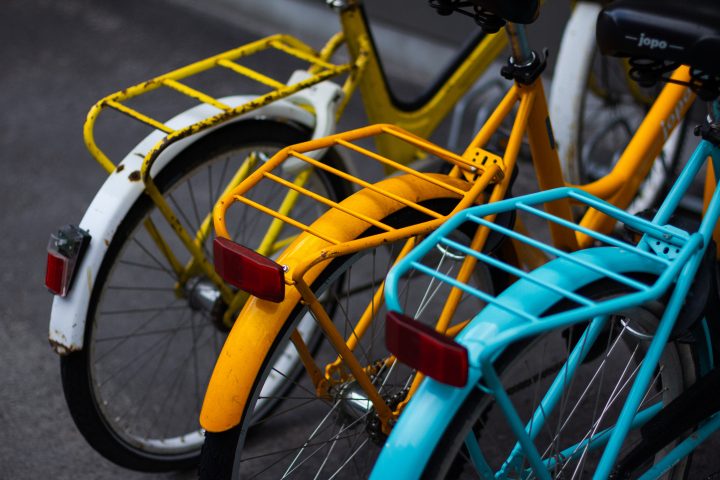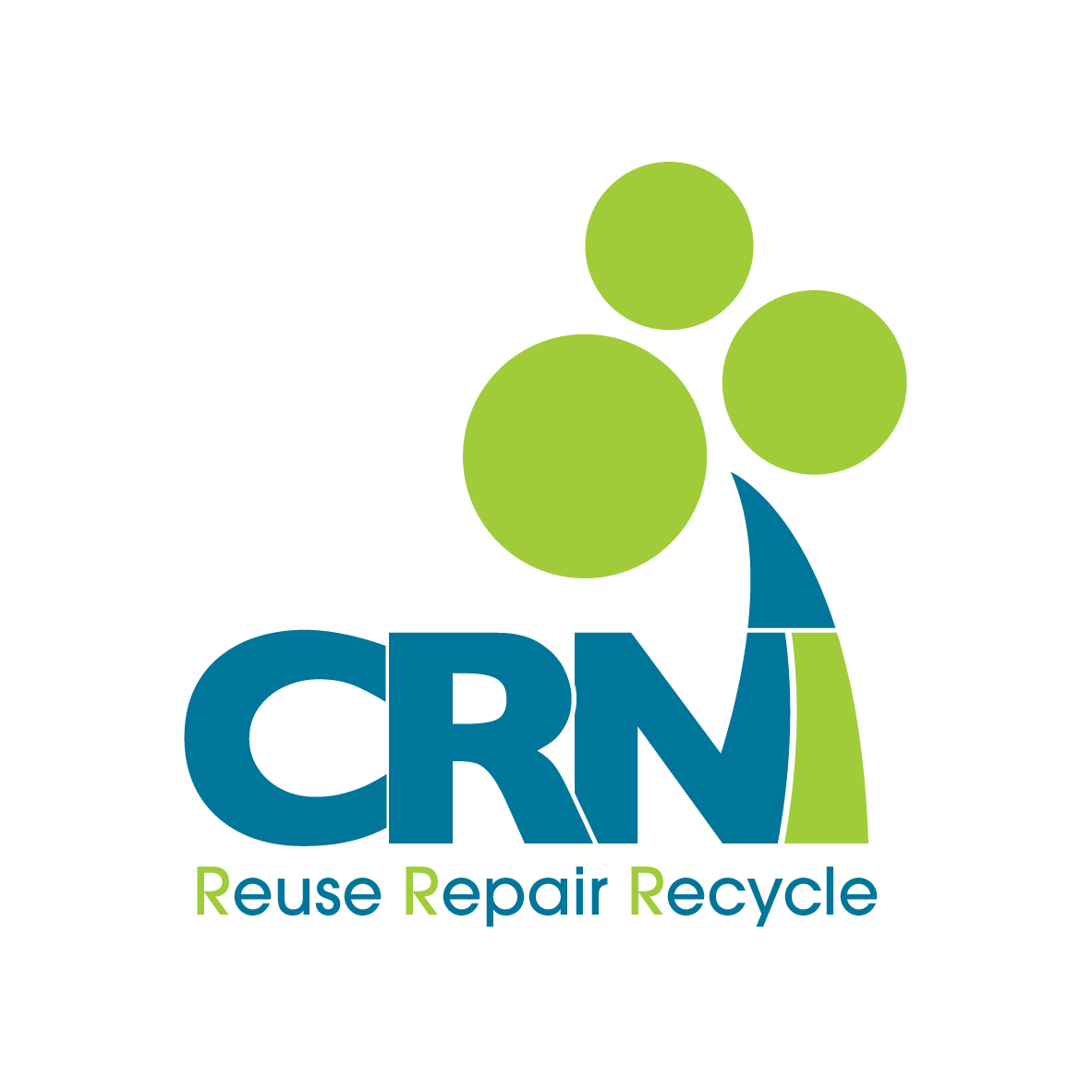
Article from RREUSE and CRNI
For the first time, data for 2019 in Germany shows that electric bikes were sold in higher numbers than diesel cars. It is estimated that the overall bike industry employs around 281,000 people in Germany alone.
As the European Commission pleads for cities to double bike lanes by 5,000 km in the next decade, it is clear that the industry will keep growing in coming years. Subsequently, bikes are likely to become an increasingly important waste stream.
Social enterprises from the RREUSE network (including Community Resources Network Ireland) collected 2,500 tonnes of used bikes in 2019. Last year in Ireland nearly 1,000 bikes (12 tonnes) were refurbished and resold while nearly 500 (6 tonnes) were repaired by CRNI social enterprise members.
To increase circularity and bring social innovation into mobility, social enterprises from the RREUSE membership are running a number of projects helping citizens, municipalities and re-use centres to embrace the potential of biking, including through:
- Collaboration with public authorities: An Mheitheal Rothar in Galway and Rediscovery Centre in Dublin collect bikes from Civic Amenity Sites that were destined for scrap, repair them and sell them on. Recently, East Belfast Mission received pre-owned rental bikes from Belfast City Council with the aim of re-using them, preventing waste while creating jobs and training opportunities.
- Fostering repair and maintenance skills: Cork Community Bikes normally provides drop in sessions for the public to learn how to repair bikes. In response to the Covid-19 restrictions, they have run a large number of free online and in-person Covid compilant repair and maintenance workshops during bike week in 2020.
- Supporting communities: Renew Enterprises creates full-time employment and training for people that have past convictions, giving them opportunities to reenter the labour market and practice new skills.
- Integrating biking into public transport: Cycle Sense in Skibbereen work with the community to encourage cycling, sustainability and the circular economy, through a Skibbereen Cycle Bus and Active Travel programmes. They are also providing ecodeliveries with their cargo bikes within Skibbereen.
Throughout Europe, national policies are moving forward in recognising bikes as one of the product categories to be tackled. France and Greece recently approved a new Extended Producer Responsibility (EPR) scheme for sports equipment, thus making producers responsible for the end-of-life management of these goods. In France, it will be implemented by 2022, and at least 5% of the EPR contributions will be headed towards re-use funds. France recently reported a boom in sports equipment re-use centres run by social enterprises.
To ensure the extension of the lifespan of these products, taxation should be leveraged to incentivise re-use and repair including 0% VAT rates applied on the sale of second-hand goods and on the cost of the labour of repair. By promoting re-use and repair of bicycles, social enterprises can prevent waste while also creating job opportunities and improving access to bikes for disadvantaged people. Oscar Planells, Research Officer at RREUSE highlighted,
“The rise of the biking culture is an immense opportunity for Europe to boost active and clean mobility. This rise should go hand in hand with increased re-use and repair practices wherever possible, and must be made available to all population groups. Social enterprises can ensure a longer lifespan for bikes while fostering innovation, employing disadvantaged people and enhancing local resilience”.
You can find out more about social enterprises providing repair, refurbishment and secondhand bikes in Ireland at crni.ie/directory.
- April 15, 2021
Sign up to our quarterly newsletter for more information on reuse and recycling and be part of Ireland’s only reuse and recycling network. For information about our privacy practices, see here.



